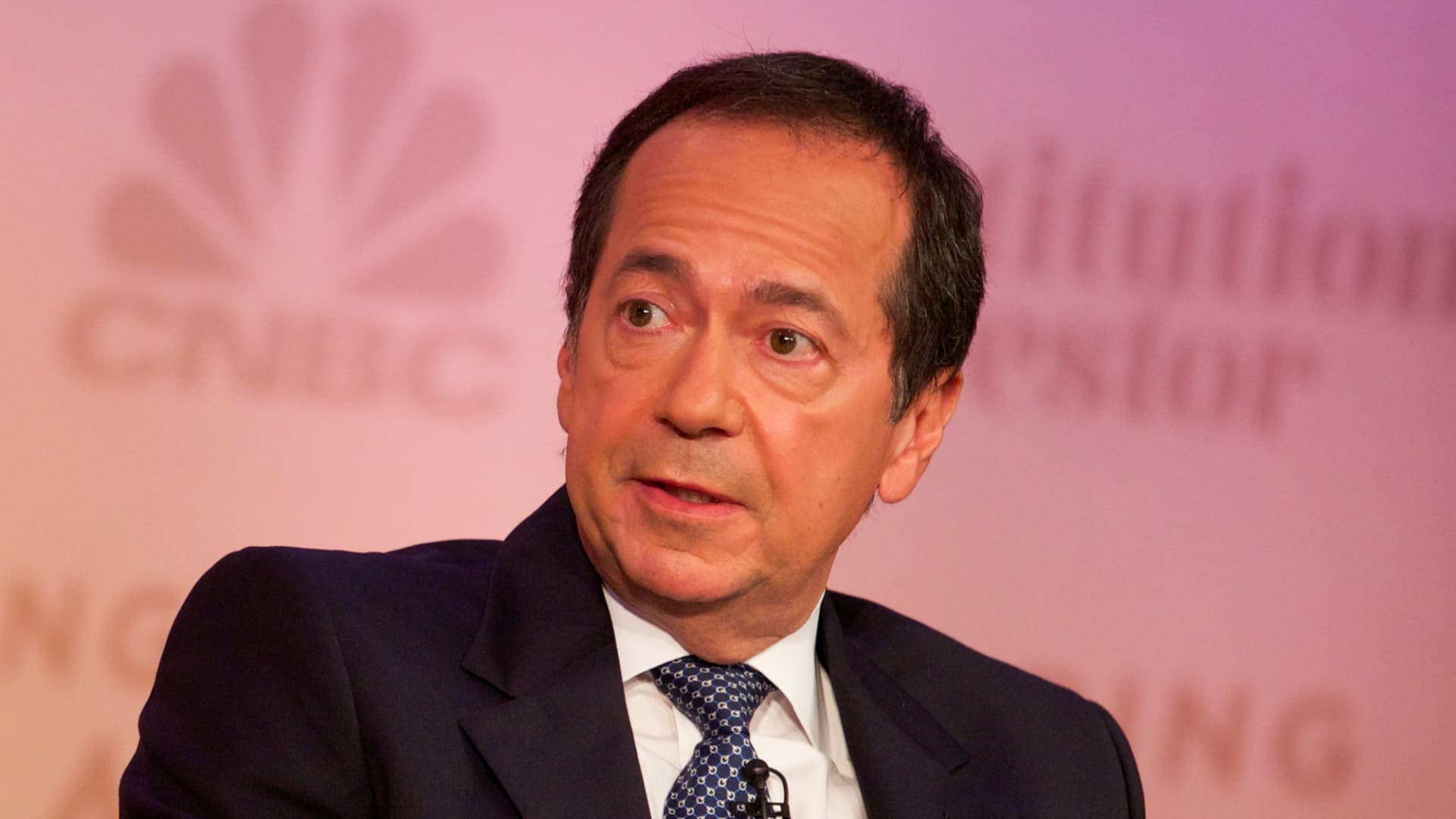Hedge fund billionaire John Paulson, who made a name for himself by betting against the housing market during the financial crisis and who is today a prominent supporter of former President Donald Trump, said there could be a collapse in the financial markets and a recession if Vice President Kamala Harris’ proposed tax plans become a reality.
“They want to raise the corporate tax rate from 21 to 28%, they want to raise the capital gains tax from 20% to 39% and then they want to add a tax on unrealized capital gains of 25%,” Paulson said in an interview on CNBC’s “Money Movers” on Friday with Sara Eisen. “I think if they implement those policies, we’ll see a crash in the markets, no question about it.”
The Democratic presidential nominee proposed a 28% tax on long-term capital gains for any household with an annual income of $1 million or more, lower than the 39.6% rate that President Joe Biden laid out in his 2025 fiscal-year budget.
Meanwhile, Harris previously endorsed the tax increases proposed by Biden that include a 25% tax on unrealized gains for households worth at least $100 million, known as the billionaire minimum tax. However, people close to the Harris campaign, including investor Mark Cuban, have said she has no interest in taxing unrealized gains and there are doubts if any such plan could make it through Congress.
Paulson shot to fame and made a fortune after taking a massive bet against mortgage bonds using credit default swaps before the financial crisis. The founder and president of family office Paulson & Co. has been a major donor to Trump’s 2024 presidential campaign, reportedly advising him on the idea of building a U.S. sovereign wealth fund.
The 68-year-old investor believes the economy could quickly tip into a recession as well if the specific plan to tax unrealized gains were to be implemented.
“If the Biden-Harris team does come in, and they were to implement what’s on their platform, which is a tax on unrealized gain, that’s going to cause massive selling of homes, of stocks, of companies, of art and that could … put us immediately into a recession, so hopefully that if they are elected, they won’t pursue that,” he said.
Some Wall Street economists and strategists do believe raising the corporate tax rate from the 21% where Trump lowered them could hit S&P 500 company earnings and weigh on share prices, but none from the major firms have said it would cause a pullback to the magnitude that Paulson is describing.
There is also some concern that Trump’s economic plans would not be as market-friendly as Paulson believes with proposed tariffs reigniting some inflation and more tax cuts expanding the budget deficit.
Paulson, who Trump has reportedly talked about as Treasury secretary in a second administration, said in the CNBC interview he does not believe that tariffs would be inflationary if targeted correctly. The investor also said the lower taxes would spark economic gains that help raise revenues and close the deficit gap.

 Blog Post1 week ago
Blog Post1 week ago
 Economics1 week ago
Economics1 week ago
 Finance1 week ago
Finance1 week ago
 Economics1 week ago
Economics1 week ago
 Economics1 week ago
Economics1 week ago
 Personal Finance1 week ago
Personal Finance1 week ago
 Accounting1 week ago
Accounting1 week ago
 Economics1 week ago
Economics1 week ago










